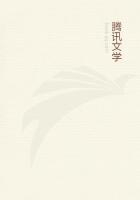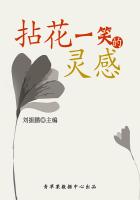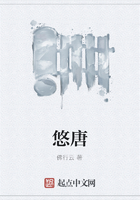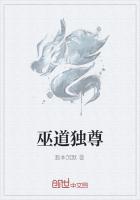Morality has been ceremoniously extruded from the door only to be brought in again by the window. We are told, on one page, to do as we please; and on the next we are sharply upbraided for not having done as the author pleases. We are first assured that we are the finest fellows in the world in our own right; and then it appears that we are only fine fellows in so far as we practise a most quixotic code of morals. The disciple who saw himself in clear ether a moment before is plunged down again among the fogs and complications of duty. And this is all the more overwhelming because Whitman insists not only on love between sex and sex, and between friends of the same sex, but in the field of the less intense political sympathies; and his ideal man must not only be a generous friend but a conscientious voter into the bargain.
His method somewhat lessens the difficulty. He is not, the reader will remember, to tell us how good we ought to be, but to remind us how good we are. He is to encourage us to be free and kind, by proving that we are free and kind already.
He passes our corporate life under review, to show that it is upheld by the very virtues of which he makes himself the advocate. "There is no object so soft," he says somewhere in his big, plain way, "there is no object so soft but it makes a hub for the wheel'd universe." Rightly understood, it is on the softest of all objects, the sympathetic heart, that the wheel of society turns easily and securely as on a perfect axle. There is no room, of course, for doubt or discussion, about conduct, where every one is to follow the law of his being with exact compliance. Whitman hates doubt, deprecates discussion, and discourages to his utmost the craving, carping sensibilities of the conscience. We are to imitate, to use one of his absurd and happy phrases, "the satisfaction and aplomb of animals." If he preaches a sort of ranting Christianity in morals, a fit consequent to the ranting optimism of his cosmology, it is because he declares it to be the original deliverance of the human heart; or at least, for he would be honestly historical in method, of the human heart as at present Christianised. His is a morality without a prohibition; his policy is one of encouragement all round. A man must be a born hero to come up to Whitman's standard in the practice of any of the positive virtues; but of a negative virtue, such as temperance or chastity, he has so little to say, that the reader need not be surprised if he drops a word or two upon the other side. He would lay down nothing that would be a clog; he would prescribe nothing that cannot be done ruddily, in a heat. The great point is to get people under way. To the faithful Whitmanite this would be justified by the belief that God made all, and that all was good; the prophet, in this doctrine, has only to cry "Tally- ho," and mankind will break into a gallop on the road to El Dorado. Perhaps, to another class of minds, it may look like the result of the somewhat cynical reflection that you will not make a kind man out of one who is unkind by any precepts under heaven; tempered by the belief that, in natural circumstances, the large majority is well disposed. Thence it would follow, that if you can only get every one to feel more warmly and act more courageously, the balance of results will be for good.
So far, you see, the doctrine is pretty coherent as a doctrine; as a picture of man's life it is incomplete and misleading, although eminently cheerful. This he is himself the first to acknowledge; for if he is prophetic in anything, it is in his noble disregard of consistency. "Do I contradict myself?" he asks somewhere; and then pat comes the answer, the best answer ever given in print, worthy of a sage, or rather of a woman: "Very well, then, I contradict myself!" with this addition, not so feminine and perhaps not altogether so satisfactory: "I am large - I contain multitudes." Life, as a matter of fact, partakes largely of the nature of tragedy. The gospel according to Whitman, even if it be not so logical, has this advantage over the gospel according to Pangloss, that it does not utterly disregard the existence of temporal evil. Whitman accepts the fact of disease and wretchedness like an honest man; and instead of trying to qualify it in the interest of his optimism, sets himself to spur people up to be helpful. He expresses a conviction, indeed, that all will be made up to the victims in the end; that "what is untried and afterward" will fail no one, not even "the old man who has lived without purpose and feels it with bitterness worse than gall." But this is not to palliate our sense of what is hard or melancholy in the present. Pangloss, smarting under one of the worst things that ever was supposed to come from America, consoled himself with the reflection that it was the price we have to pay for cochineal. And with that murderous parody, logical optimism and the praises of the best of possible words went irrevocably out of season, and have been no more heard of in the mouths of reasonable men. Whitman spares us all allusions to the cochineal; he treats evil and sorrow in a spirit almost as of welcome; as an old sea-dog might have welcomed the sight of the enemy's topsails off the Spanish Main. There, at least, he seems to say, is something obvious to be done. I do not know many better things in literature than the brief pictures, - brief and vivid like things seen by lightning, - with which he tries to stir up the world's heart upon the side of mercy. He braces us, on the one hand, with examples of heroic duty and helpfulness; on the other, he touches us with pitiful instances of people needing help.

